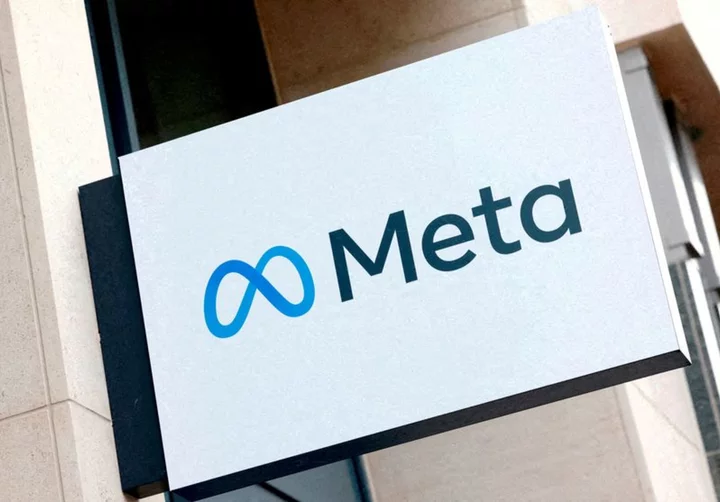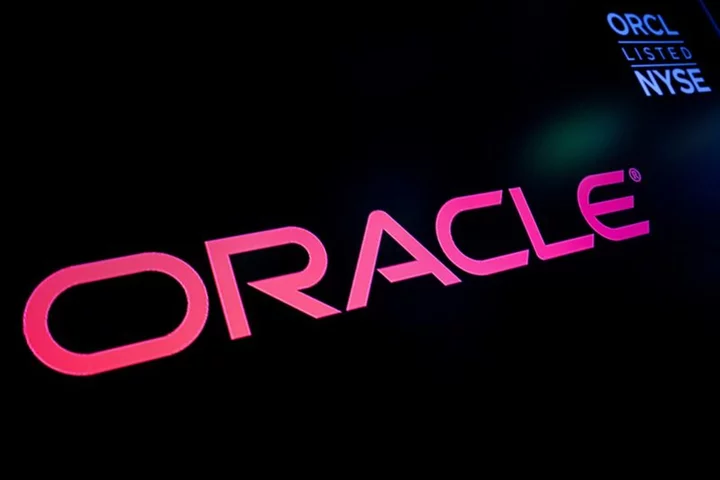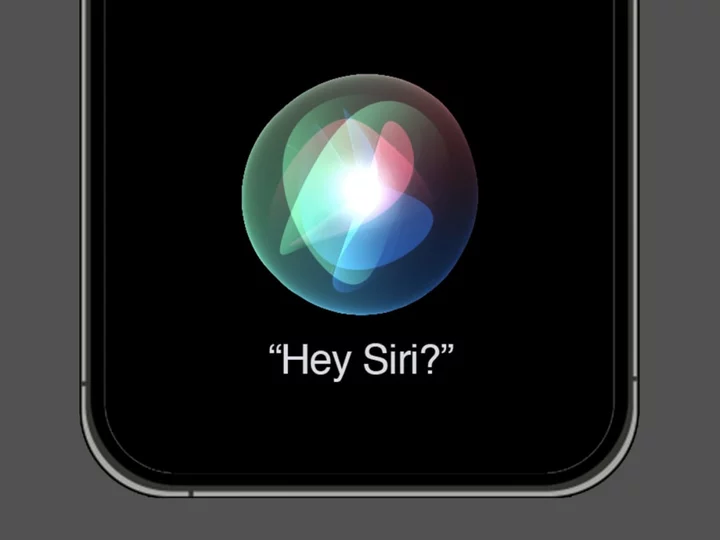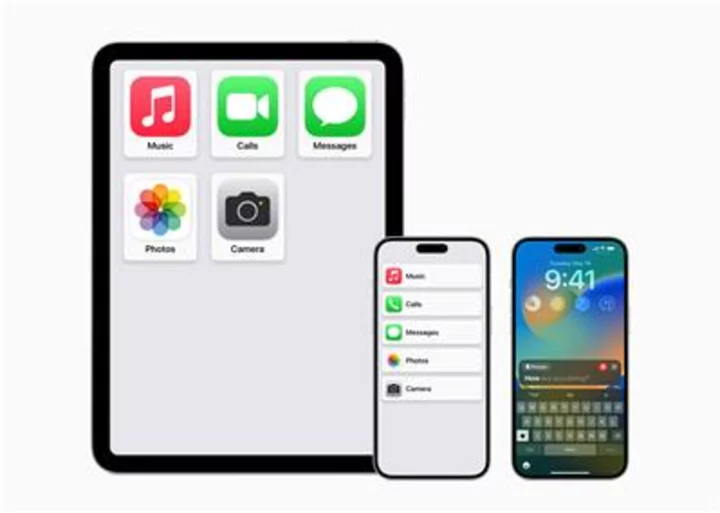
China regulator says Tesla to update software of more than 1 million cars
SHANGHAI/BEIJING (Reuters) -Tesla Inc has notified China's market regulator it will deploy software updates to more than 1 million vehicles
2023-05-12 17:19

Scientists are using AI to develop simple test to search planets for alien life
Scientists are using AI to search planets for alien life. Researchers writing in the Proceedings of the National Academy of Sciences say artificial intelligence can determine with 90 per cent accuracy whether a sample from another planet is biological or not. Scientists hope that their test could be used on samples already collected by the Mars Curiosity rover’s Sample Analysis at Mars (SAM) instrument. The findings could also help tell us more about our own planet, revealing the history of mysterious and ancient rocks found on Earth. “The search for extraterrestrial life remains one of the most tantalizing endeavors in modern science,” said lead author Jim Cleaves of the Earth and Planets Laboratory, Carnegie Institution for Science, Washington, DC. “The implications of this new research are many, but there are three big takeaways: First, at some deep level, biochemistry differs from abiotic organic chemistry; second, we can look at Mars and ancient Earth samples to tell if they were once alive; and third, it is likely this new method could distinguish alternative biospheres from those of Earth, with significant implications for future astrobiology missions.” The technique was built by giving an artificial intelligent system data about 134 known samples, with information about whether they are biotic or abiotic. To test it, it was then given new samples – including those from living things, remnants of ancient life and other abiotic samples that did not point to life, such as pure chemicals. The system also started predicting another kind of sample type, dividing the biotic ones into “living” and “fossils”. That means it could tell the difference between a freshly harvested leaf and something else that died long ago, for instance. In the future, the technology could become even more advanced and detect other aspects of life. “This routine analytical method has the potential to revolutionize the search for extraterrestrial life and deepen our understanding of both the origin and chemistry of the earliest life on Earth,” said Robert Hazen, of the Carnegie Institution for Science, one of the leaders of the research. “It opens the way to using smart sensors on robotic spacecraft, landers and rovers to search for signs of life before the samples return to Earth.” Sign up to our free Indy100 weekly newsletter Have your say in our news democracy. Click the upvote icon at the top of the page to help raise this article through the indy100 rankings.
2023-10-06 20:49

FIFA 23 84+ x10 Upgrade: How to Complete
FIFA 23 84+ x10 Upgrade SBC is now live during FUTTIES. Here's how to complete the SBC and if it's worth it.
2023-07-25 01:22

Vietnam Starts Planned Blackouts as Heat Stretches Grid
Vietnam began planned nationwide blackouts as the country struggles to meet surging power demand amid extreme hot weather.
2023-05-19 17:47

Pantheon Names Seasoned SaaS Leader John Gardiner its Chief Operating and Chief Financial Officer
SAN FRANCISCO--(BUSINESS WIRE)--Sep 19, 2023--
2023-09-19 21:25

SBI of Japan to Enter Africa Startup Sector With Novastar Stake
SBI Holdings Inc., a Japanese venture capital group, plans raise to raise $80 million for Novastar Ventures to
2023-11-02 16:23

xQc vows to ban Kick viewers amid growing frustration over stream demands: 'It’s really f**king bad'
xQc said, 'The thing is, with IRLs, it’s a lot of fun, but it fosters the very bad part of everything'
2023-07-21 19:18

India Clashes With Twitter Ex-CEO Dorsey Over Removal of Posts
The Indian government fired back at Twitter Inc.’s former chief executive officer after he said authorities had threatened
2023-06-13 17:17

Meta may allow Facebook, Instagram users in EU to pay to avoid ads - NYT
(Reuters) -Meta Platforms is considering paid versions of Facebook and Instagram with no advertisements for users residing in the European
2023-09-02 01:51

Russia fines Apple for not deleting 'inaccurate' content on Ukraine conflict
MOSCOW (Reuters) -A Moscow court fined Apple 400,000 roubles ($4,274) on Thursday for not deleting "inaccurate" content about what Russia
2023-08-04 02:53

Intel CEO Says U.S. Is Winning AI Race Over China, and a Tech Boom Is Coming
CEO Pat Gelsinger expects more innovation—including better capabilities to use and generate animation, video, and speech.
2023-10-18 00:51

Germany's biggest newspaper is cutting 20% of jobs as it prepares for an AI-powered digital future
German tabloid newspaper Bild plans to cut hundreds of jobs as it scales back its regional operations this year — and ramps up its use of artificial intelligence in preparation for a digital-only future.
2023-06-21 19:59
You Might Like...

Oracle to use Ampere's newest chips in its cloud offering

Apple Stock Needs a Win. Here Are 2 Big Ideas.

Reddit to Cut 5% of Staff, Trim Hiring Amid Restructuring

CIOs and CTOs Fight to Regain Control of Their IT Roadmap from Software Vendors, According to New Survey

Apple introduces new features for cognitive accessibility, along with Live Speech, Personal Voice, and Point and Speak in Magnifier

The best right-backs to sign on Football Manager 2024

Only 10 per cent of people on Earth can find the hidden objects in these four puzzles

A lifetime subscription to KeepSolid SmartDNS is on sale for 70% off
